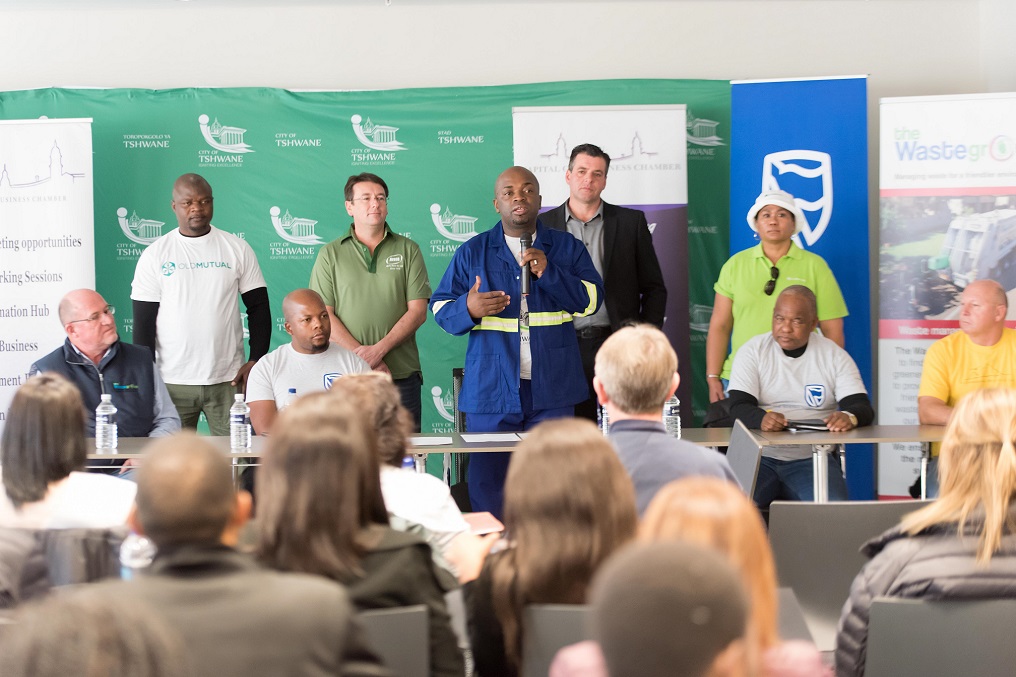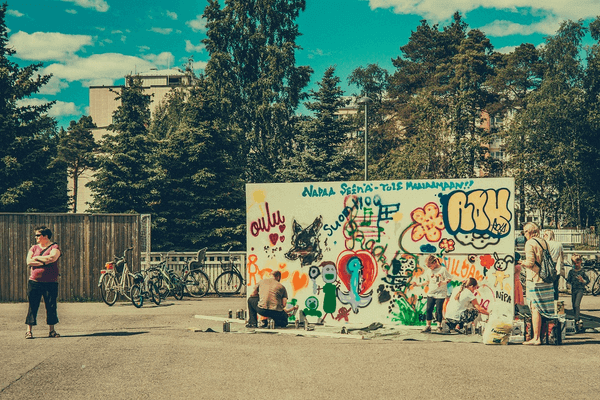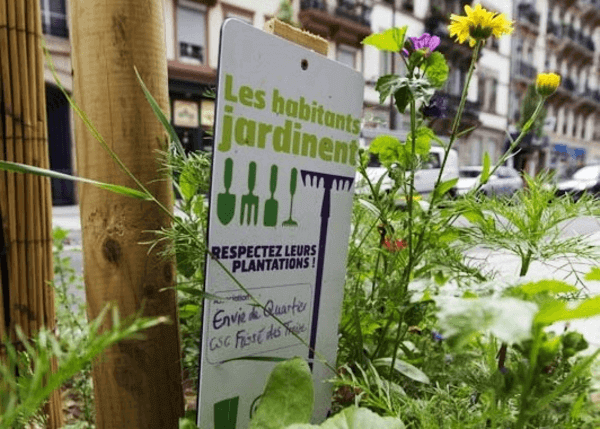
City
Tshwane Metropolitan Municipality
Main actors
City Government, Private Sector, Community / Citizen Group
Project area
Whole City/Administrative Region
Duration
Ongoing since 2018
In an effort to increase environmental awareness, the city of Tshwane has embarked on a monthly clean-up programme targeted at residents and businesses.
The Tswelopele Clean Up campaign was initiated through the Office of the Executive Mayor in the city of Tshwane, Gauteng, South Africa. On the first Saturday of each month, the Executive Mayor joins communities in cleaning-up their areas. The Mayor’s participation in the programme has drawn significant support from the private sector, who have partnered with the city to provide bags, gloves and refreshments to the participants. The programme has expanded whereby local communities are organizing their own clean-ups in problematic areas and the city provides a waste truck to assist them. Furthermore, it has created a platform where the city can further educate people about recycling.
External links / documents
On Map
The Map will be displayed after accepting cookie policy



